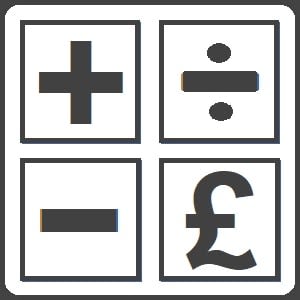What is Benefit in Kind ?

BIK Explained
Understanding Employee Benefits in Kind (BIK) and Tax Implications
When a business provides non-cash benefits to employees, such as covering personal expenses, these may be classified as Benefits in Kind (BIK) and could be taxable. Understanding the tax treatment of such benefits is crucial to ensure compliance with HMRC regulations and to avoid unexpected tax liabilities.
What Are Benefits in Kind (BIK)?
BIKs are perks or benefits provided to employees that are not included in their salary but have a monetary value. Common examples include:
- Company cars
- Private medical insurance
- Accommodation provided by the employer
- Payment of an employee’s personal tax return fees
These benefits must be reported to HMRC, and in most cases, they are subject to Income Tax and National Insurance Contributions (NICs).
Reporting Benefits: P11D and Payroll
Employers typically report taxable benefits through the P11D form, which must be submitted annually to HMRC. However, an alternative option is to process benefits through the payroll system, known as payrolling benefits.
Advantages of Payrolling Benefits
By registering for payrolling expenses and benefits, employers can:
✔️ Reduce administrative burdens by eliminating the need for P11D forms
✔️ Ensure employees pay tax on benefits in real-time, rather than at the end of the tax year
✔️ Improve transparency for employees, as benefits are included in their payslip
Ensuring compliance with BIK regulations helps businesses manage their tax obligations efficiently while providing valuable benefits to employees. If you're unsure about your reporting requirements, consulting a professional accountant can help you navigate the rules effectively.
#BIK #BenefitInKind #Payroll #PAYE #Coupon #CashEqualvalent #TaxableBenefit #TaxYearEnd #HMRC #P60 #RTI #UKTax #PayrollServices #TaxHelp #TaxCompliance #UKAccountancy
Contact Us
Send a Message
Get in touch to discuss with us how we can best assist you.
